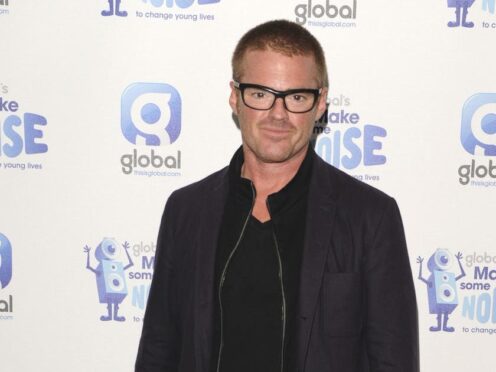
Heston Blumenthal has called for a change in attitudes to neurodiversity in the workplace after being diagnosed as bipolar.
The esteemed chef and restaurateur said he was diagnosed with the mental health condition in recent months, after previously receiving a positive assessment for attention deficit hyperactivity disorder (ADHD) in 2017.
He said he believes his neurodivergence is closely linked to his business success and hopes this can be the case for more employers and their staff.
The celebrity chef runs restaurants including the three Michelin star Fat Duck, two Michelin star Dinner by Heston Blumenthal, Michelin-starred Hind’s Head, and the Perfectionists’ Cafe.
Blumenthal believes more needs to be done to welcome neurodivergent individuals in the workplace and said they are “woefully underrepresented” as a result.
“These are individuals who may have exceptional skills and unparalleled abilities yet because of traditional ways of working, we are missing out on the brilliance they can bring to UK business,” he said.
“I hope that being open about my own mental health will raise awareness of the issue and I want to campaign to highlight the contribution neurodiversity can make to the workplace.”
Blumenthal commissioned research which found more than one in 10 people (11%) surveyed have been officially diagnosed as neurodivergent. Around 21% of these were neither in full nor part-time paid employment.
It also found 47% of UK adults with a neurodiverse condition believe this has made it harder to find a job.

A separate study he commissioned found many companies believe they have further to go in order to feel inclusive to neurodivergent individuals.
The survey of FTSE 350 board directors and HR professionals found 37% of respondents describe their company’s understanding of its neurodivergent employees as average or poor.
The chef added: “My most artistic, innovative and exciting work is because I am neurodivergent, which I describe as my superpower.
“The world needs to move on from outdated and archaic misinterpretations of perceived difference, and embrace the opportunities neurodiversity presents.”
Sinead Devine-French, chief science officer of The Positive Group, said: “Embracing neurodiversity in the workplace isn’t just a nice-to-have – it can be a strategic game-changer.
“Recognising that every individual brings a unique blend of strengths, cognitive experiences and perspectives enriches our thinking and propels our creativity.
“Leaders at the forefront know all too well the perils of the echo chamber. Increasing neurodiversity is their secret weapon to shatter this, enhancing the collective intelligence that thrives within diverse teams.”

Enjoy the convenience of having The Sunday Post delivered as a digital ePaper straight to your smartphone, tablet or computer.
Subscribe for only £5.49 a month and enjoy all the benefits of the printed paper as a digital replica.
Subscribe